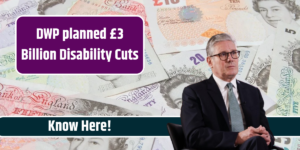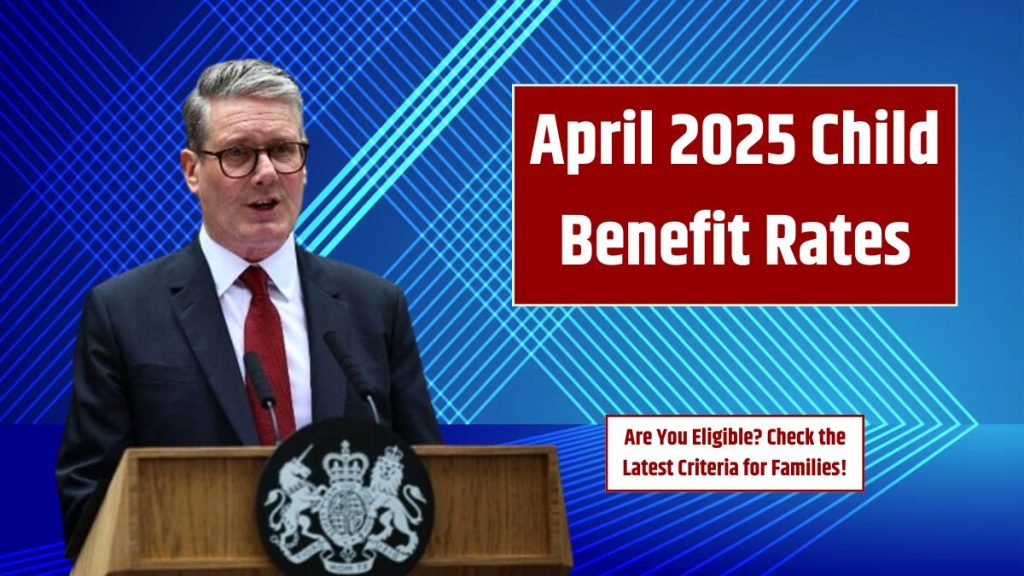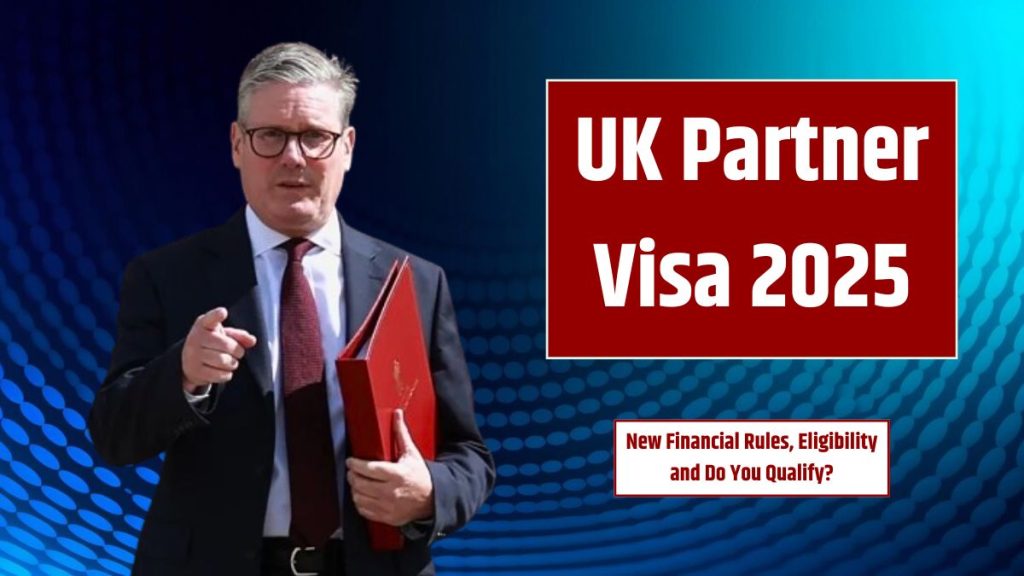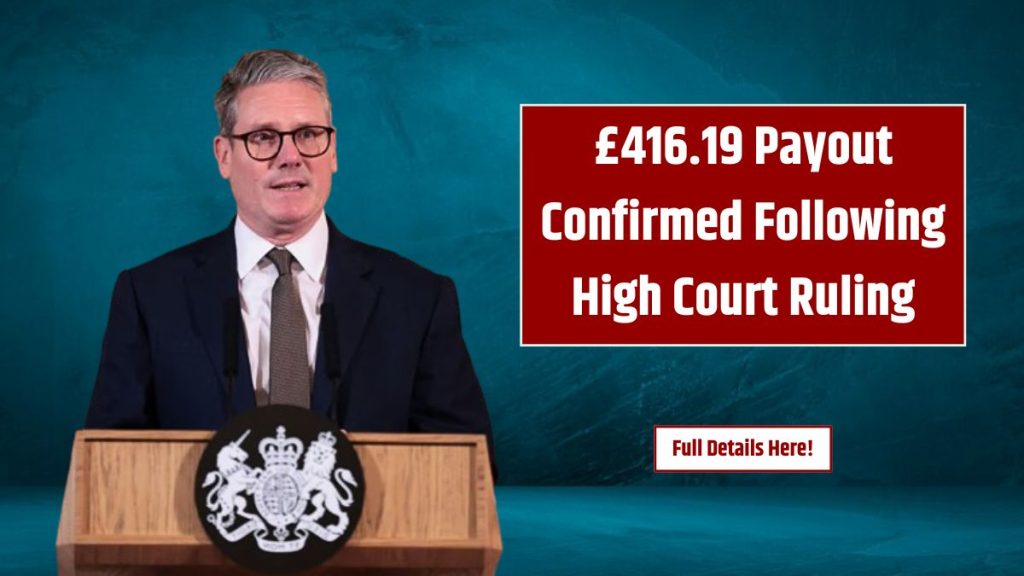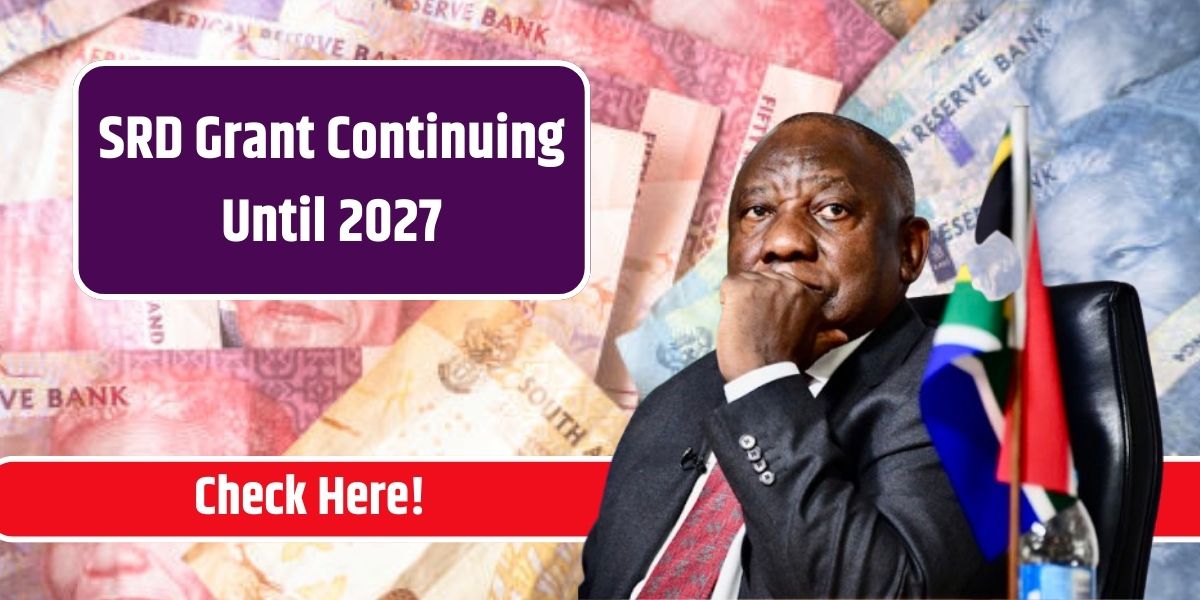The High Court’s recent ruling against the UK Department for Work and Pensions (DWP) has marked a significant victory for disabled individuals and their advocates. At the heart of the case was the government’s proposed changes to disability benefits, which the court found to be unlawfully presented, misleading, and unfair. This ruling shines a light on the importance of transparency, fairness, and meaningful consultation, especially when policies affect vulnerable groups.
Key Findings of the Court’s Decision
Misleading Consultation Process
The court concluded that the DWP’s consultation process failed to disclose the true nature of the proposed reforms. The changes would have reduced benefits for 424,000 disabled individuals, with many losing at least £416.19 per month. Despite the significant impact, the consultation period lasted just under eight weeks—far too short for affected individuals and advocacy groups to respond adequately.
Severe Impact on Disabled Individuals
Evidence presented during the case revealed the potential for catastrophic effects on disabled people. Stricter conditions for receiving benefits, coupled with the threat of sanctions, would have left nearly 100,000 disabled individuals in absolute poverty. Internal DWP documents confirmed that officials were aware of these risks but proceeded without addressing the concerns.
Lack of Transparency
While the DWP portrayed the reforms as a pathway to employment for disabled individuals, the court found no evidence to support this claim. Instead, internal communications showed the primary motivation was reducing government expenditure on disability benefits. The inclusion of non-cost-saving proposals in the consultation was revealed to be a strategic move to obscure the budget-cutting focus.
Ellen Clifford’s Role in Challenging the DWP
Disability rights campaigner Ellen Clifford, backed by the Public Law Project, spearheaded the legal challenge. She argued that the DWP’s consultation was deeply flawed, failing to meaningfully involve Deaf and Disabled individuals who would bear the brunt of the changes.
During the case, it was revealed that:
- No proper employment, equality, or disability impact assessments were conducted.
- Officials acknowledged that the reforms would disproportionately harm individuals with mental health conditions, exacerbating their challenges.
- The DWP knowingly misrepresented the reforms as supportive measures, masking their cost-cutting intent.
Clifford’s efforts, supported by critical legal and advocacy organizations, successfully highlighted these issues, leading to the High Court’s landmark ruling.
Public and Legal Reactions
Legal Experts’ Commentary
The Public Law Project’s Aoife O’Reilly described the judgment as a pivotal moment, emphasizing the need for fairness in public consultations affecting marginalized groups. She urged the government to abandon the proposed reforms and ensure future welfare policies are developed transparently.
Responses from Disability Rights Organizations
- UK DDPO CRPD Monitoring Coalition: Called for genuine collaboration with disabled individuals to create fair policies.
- Inclusion London: Criticized the DWP for undermining the rights of disabled people and violating principles outlined in the UN Convention on the Rights of Disabled People.
- Disabled People Against Cuts (DPAC): Praised the ruling but warned of continued resistance against any reintroduction of similar measures.
Union Support
The Public and Commercial Services Union (PCS), representing DWP staff, also welcomed the decision. They called on the government to abandon the reforms and engage in meaningful discussions on welfare policies that genuinely support disabled individuals.
Implications and Next Steps
The High Court’s ruling has put immense pressure on the government to reconsider its approach to disability benefits. Disability rights groups and legal experts are urging policymakers to engage in transparent consultations that prioritize the well-being of disabled individuals over cost-cutting measures.
While the government’s response remains uncertain, this case sets a precedent for holding policymakers accountable when their actions disproportionately harm vulnerable communities. Campaigners are committed to ensuring that disabled voices are central to any future welfare reforms.
What did the High Court rule in the case against the DWP?
The court found that the DWP acted unlawfully by presenting proposed disability benefit changes as employment support while hiding their true cost-cutting intent. The consultation process was deemed misleading and unfair.
How many disabled people were affected by the proposed changes?
The reforms would have reduced benefits for 424,000 disabled individuals, with many losing at least £416.19 per month.
Why was the consultation period criticized?
The eight-week consultation was too short, given the significant impact of the changes. Additionally, it failed to meaningfully involve those most affected.
What role did Ellen Clifford play in the case?
Ellen Clifford, a disability rights campaigner, led the legal challenge, supported by the Public Law Project. She argued that the consultation process was unfair and failed to protect disabled people’s interests.

